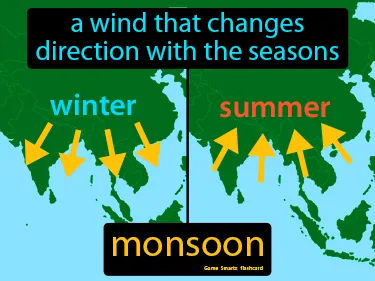Ancient India
History
aesthetic

A branch of philosophy that deals with the nature of beauty and taste, aesthetic. In history, aesthetic refers to the artistic styles and standards of beauty that define different cultures and eras.
Afghanistan

A landlocked country at the crossroads of Central and South Asia. Afghanistan. It is a historically significant region known for being a gateway for trade and invasion routes between different civilizations over centuries.
Aryan
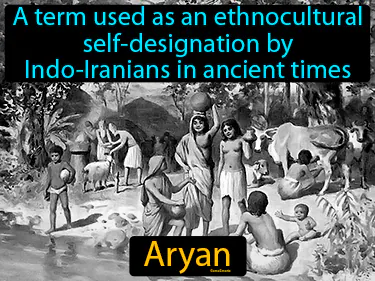
A term used as an ethnocultural self-designation by Indo-Iranians in ancient times. Aryan. Historically, "Aryan" referred to a group of people who spoke Indo-Iranian languages and lived in ancient regions of Iran and northern India.
Asoka
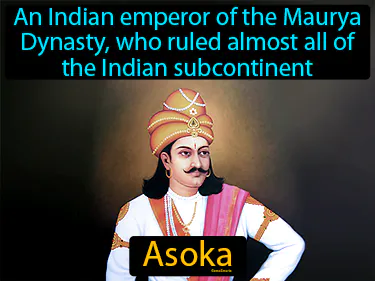
An Indian emperor of the Maurya Dynasty, who ruled almost all of the Indian subcontinent. Asoka. He was a ruler known for spreading Buddhism and promoting peace after initially expanding his empire through war.
Bangladesh

A country in South Asia, independent since 1971 after a civil war with Pakistan. Bangladesh. Bangladesh is a nation that gained independence from Pakistan in 1971 after a liberation war.
Buddhism
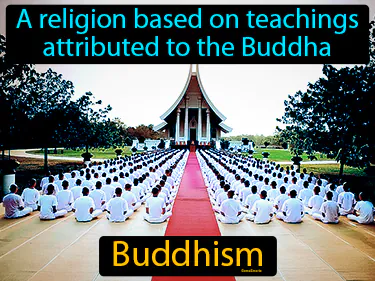
A religion based on teachings attributed to the Buddha. Buddhism. It is a spiritual tradition that began in ancient India, focusing on personal enlightenment and the path to nirvana.
caste
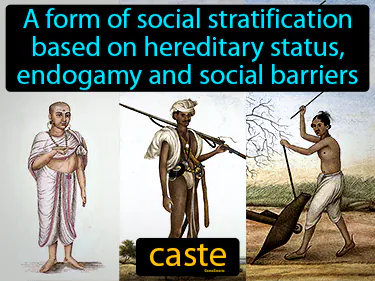
A form of social stratification based on hereditary status, endogamy, and social barriers. Caste is a historical system in India that organizes people into rigid social classes based on birth.
Chandragupta I
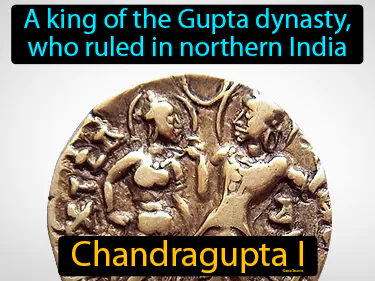
A king of the Gupta dynasty, who ruled in northern India. Chandragupta I. Chandragupta I was the founder of the Gupta Empire in ancient India.
Chandragupta II
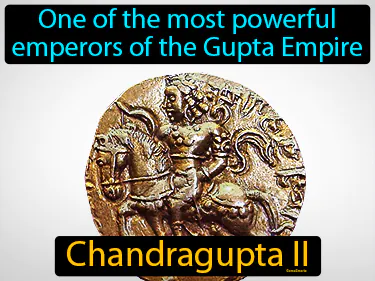
One of the most powerful emperors of the Gupta Empire, Chandragupta II. He was an Indian ruler known for expanding the empire and promoting a golden age of science and arts.
Chandragupta Maurya
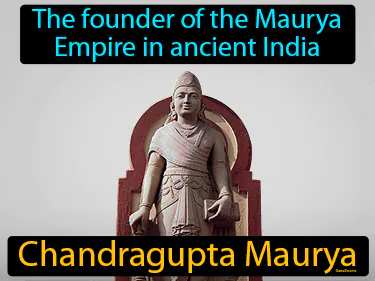
The founder of the Maurya Empire in ancient India. Chandragupta Maurya. He was the ruler who unified most of the Indian subcontinent under one empire over 2,000 years ago.
citadel
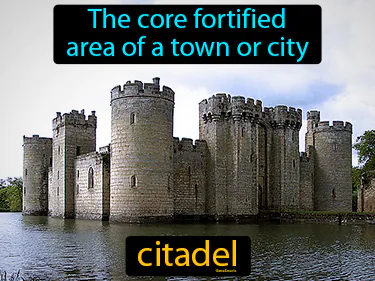
The core fortified area of a town or city. Citadel. In History, a citadel is a stronghold or fortified center used for defense and protection within a city or town.
Deccan
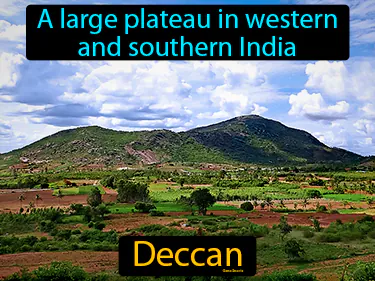
A large plateau in western and southern India. Deccan. The Deccan is a historically significant region that was home to many powerful kingdoms and dynasties throughout Indian history.
dharma
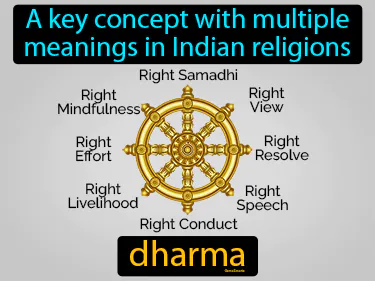
A key concept with multiple meanings in Indian religions dharma. In history, dharma is the moral law and duty that guides individuals in their social and personal responsibilities.
enlightenment
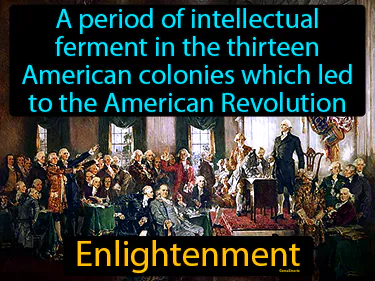
Insight into transcendental truth or reality in Buddhism. Enlightenment. In History, the Enlightenment was an 18th-century movement emphasizing reason and individualism over tradition.
granary
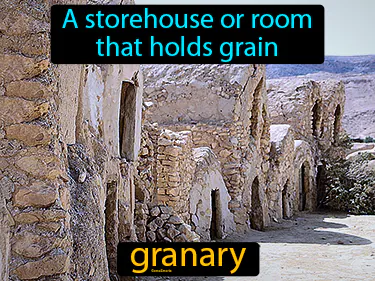
A storehouse or room that holds grain. Granary. In history, a granary is a storage facility used to keep harvested grain safe for future use, especially important in agricultural societies.
Harappa
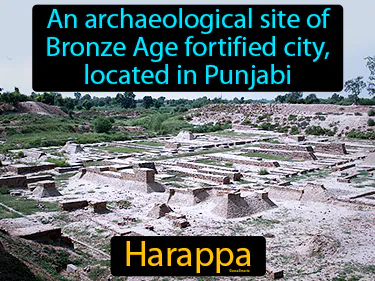
An archaeological site of Bronze Age fortified city, located in Punjabi. Harappa was a major city of the ancient Indus Valley Civilization known for its advanced urban planning.
Hindu
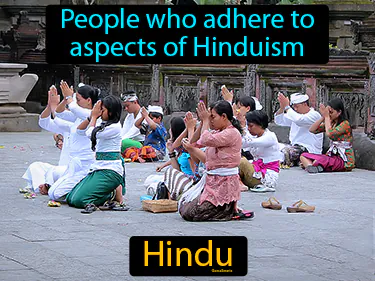
People who adhere to aspects of Hinduism. Hindu. Hinduism is one of the world's oldest religions, originating in the Indian subcontinent, and is characterized by a variety of beliefs and practices, including concepts like karma and dharma.
Hindu-Arabic numeral
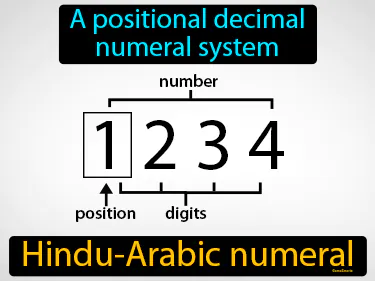
A positional decimal numeral system. Hindu-Arabic numeral. The Hindu-Arabic numeral system is a set of symbols and rules used for writing numbers, which originated in India and was later spread to the Western world through Arab mathematicians.
Hinduism
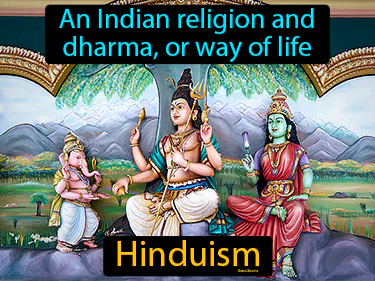
An Indian religion and dharma, or way of life. Hinduism. Hinduism is an ancient religion that originated in the Indian subcontinent, focusing on a diverse range of beliefs and practices rooted in concepts like karma, dharma, and reincarnation.
India

A country in South Asia, home of early civilization of the Old world. India. India is a historically rich nation known for its ancient civilizations, like the Indus Valley, and diverse cultures.
Indian subcontinent
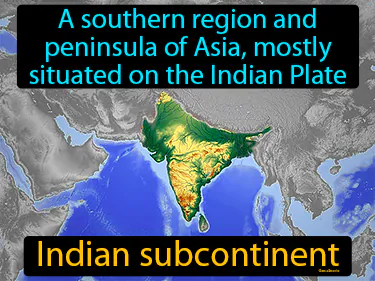
A southern region and peninsula of Asia, mostly situated on the Indian Plate. Indian subcontinent. The Indian subcontinent is a historically and culturally rich region that was home to ancient civilizations like the Indus Valley.
Indus River valley
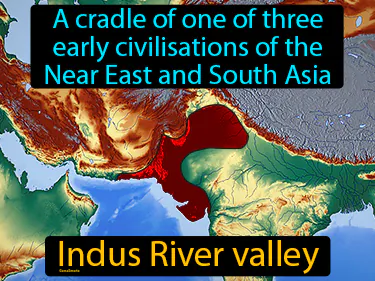
A cradle of one of three early civilisations of the Near East and South Asia. Indus River valley. The Indus River valley was home to an ancient civilization known for its advanced urban planning and architecture around 2500 BCE.
Kalidasa
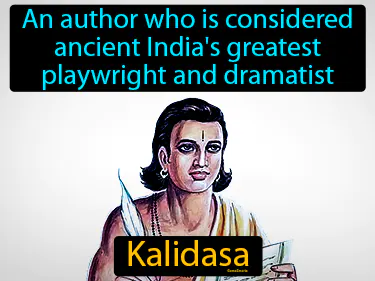
An author who is considered ancient India's greatest playwright and dramatist, Kalidasa. Kalidasa was a classical Sanskrit writer, renowned for his plays and poems that vividly depict ancient Indian culture and philosophy.
karma
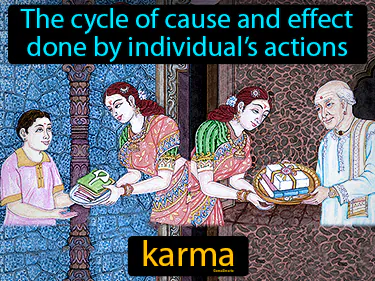
The cycle of cause and effect done by individuals actions. Karma. In history, karma can be seen as the idea that a person's actions influence their future circumstances.
Kush
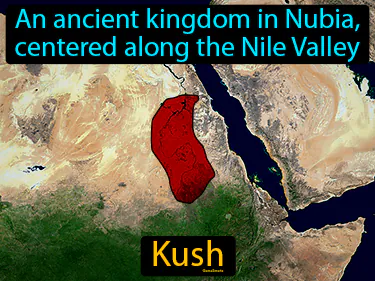
An ancient kingdom in Nubia, centered along the Nile Valley. Kush was a powerful civilization in northeastern Africa known for its pyramids and trade with Egypt.
Lothal
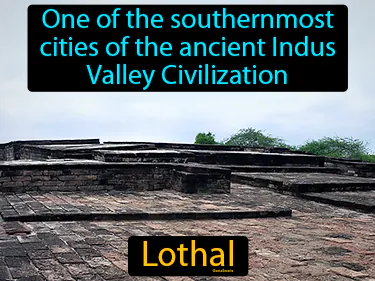
One of the southernmost cities of the ancient Indus Valley Civilization. Lothal. It was a major port city known for its trade and maritime activities.
meditate
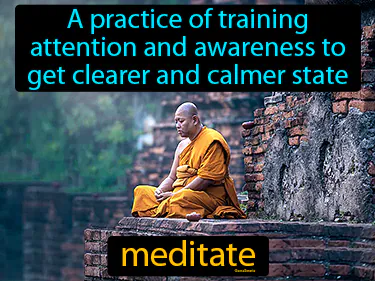
A practice of training attention and awareness to get clearer and calmer state. Meditate. Throughout history, people have meditated to find peace and understanding within themselves.
Mesopotamia
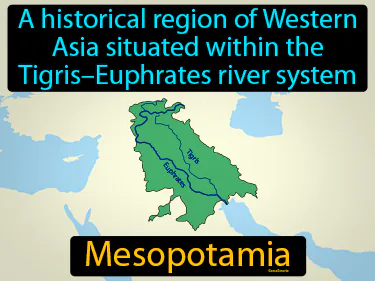
A historical region of Western Asia situated within the TigrisEuphrates river system. Mesopotamia. It is often called the "cradle of civilization" because it is where some of the earliest human civilizations began.
metallurgy

The study of metals, their physical and chemical properties. Metallurgy. Metallurgy is the science and technique of working with metals, crucial for tools and weapon-making throughout history.
missionary
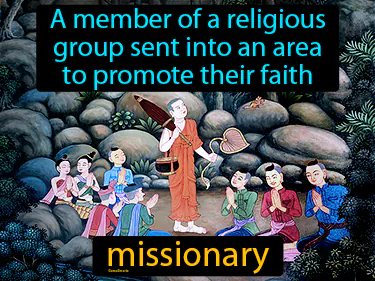
A member of a religious group sent into an area to promote their faith is a missionary. In History, missionaries often traveled to foreign lands to spread their religion and establish churches.
Mohandas Gandhi
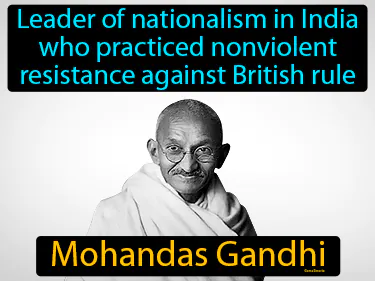
A leader of nationalism in India who practiced nonviolent resistance against British rule. Mohandas Gandhi. Gandhi was a key figure in India's struggle for independence using peaceful protests and civil disobedience.
Mohenjo Daro
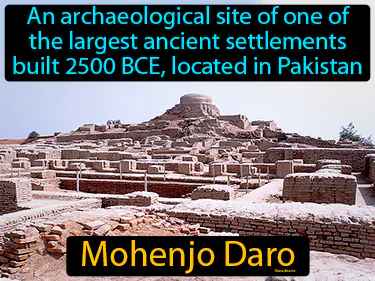
An archaeological site of one of the largest ancient settlements built 2500 BCE, located in Pakistan. Mohenjo Daro. Mohenjo Daro was a major city of the ancient Indus Valley Civilization known for its advanced urban planning.
monk
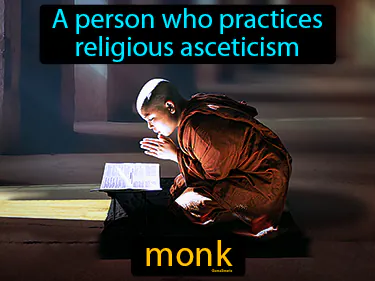
A person who practices religious asceticism. Monk. In history, a monk is someone who dedicates their life to religious devotion and often lives in a community separate from secular society.
nirvana
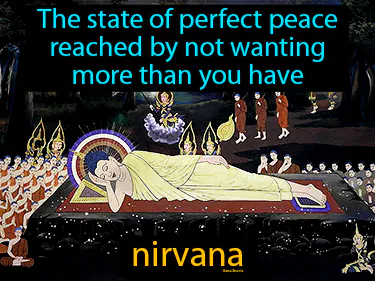
The state of perfect peace reached by not wanting more than you have. Nirvana. In history, nirvana is a key concept in Buddhism representing liberation from suffering and the cycle of rebirth.
Pakistan

A country in South Asia, home of several ancient cultures. Pakistan was created in 1947 as a separate nation for Muslims in the Indian subcontinent.
Persia
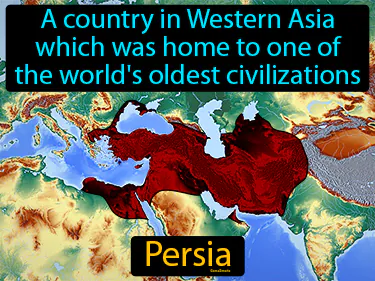
A country in Western Asia which was home to one of the world's oldest civilizations. Persia. Persia is the historical name for Iran, known for the powerful Persian Empire that existed in ancient times.
reincarnation
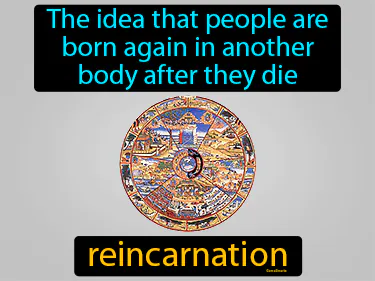
The idea that people are born again in another body after they die. Reincarnation. In history, reincarnation is the belief in many ancient cultures and religions that souls are reborn into new bodies after death, continuing a cycle of life.
Samudragupta
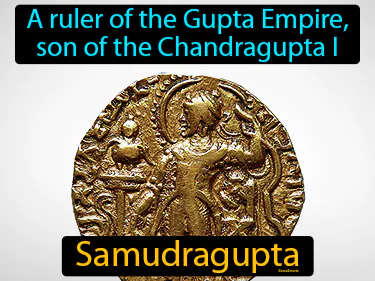
A ruler of the Gupta Empire, son of Chandragupta I, Samudragupta. Samudragupta was a powerful ancient Indian king known for expanding the Gupta Empire through military conquests.
Sanskrit
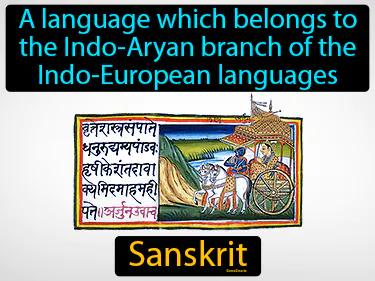
A language which belongs to the Indo-Aryan branch of the Indo-European languages. Sanskrit. Sanskrit is an ancient language of India that served as the classical language of Hinduism and the scholarly language of ancient Indian texts.
Siddhartha Gautama
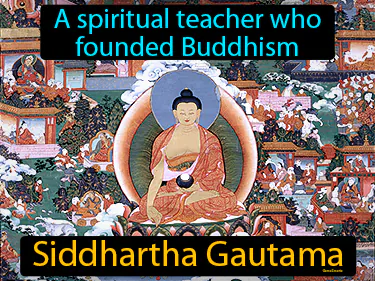
A spiritual teacher who founded Buddhism. Siddhartha Gautama. He was an ancient Indian prince who became the Buddha, teaching paths to end suffering and achieve enlightenment.
Vardhamana Mahavira
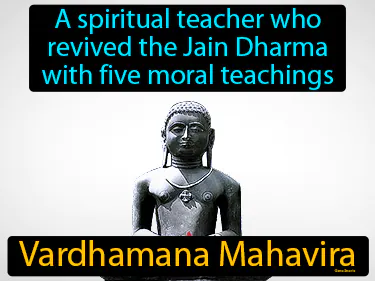
A spiritual teacher who revived the Jain Dharma with five moral teachings, Vardhamana Mahavira. He was an important historical figure who reformed and spread Jainism in ancient India.
Vedas
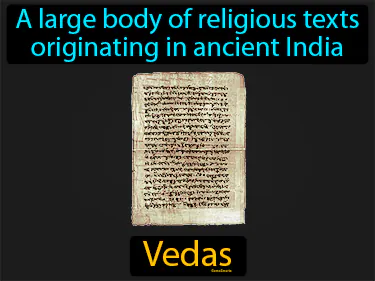
A large body of religious texts originating in ancient India. Vedas. The Vedas are a collection of ancient Indian scriptures that form the foundation of Hinduism and contain hymns, rituals, and philosophical teachings.
